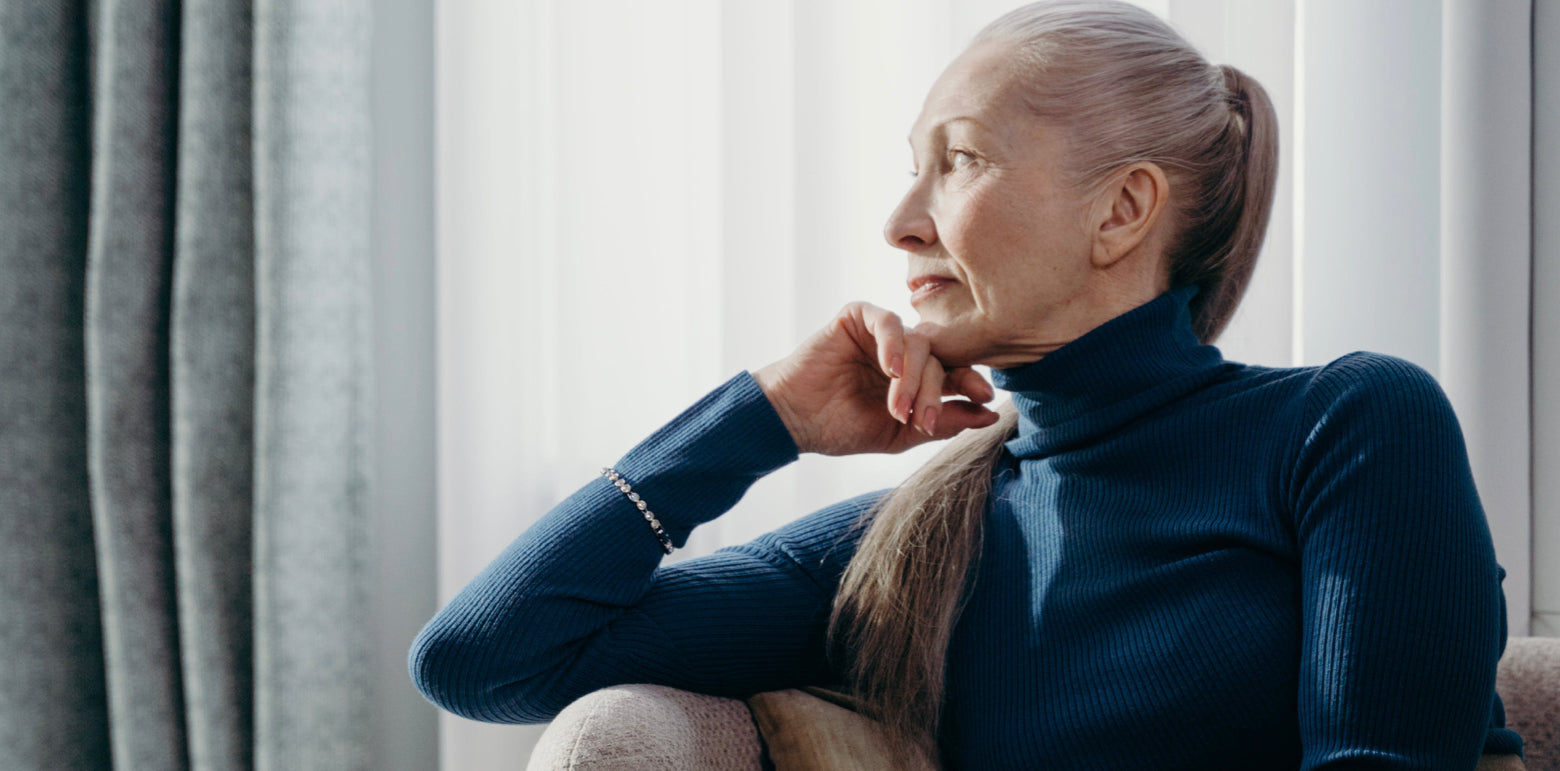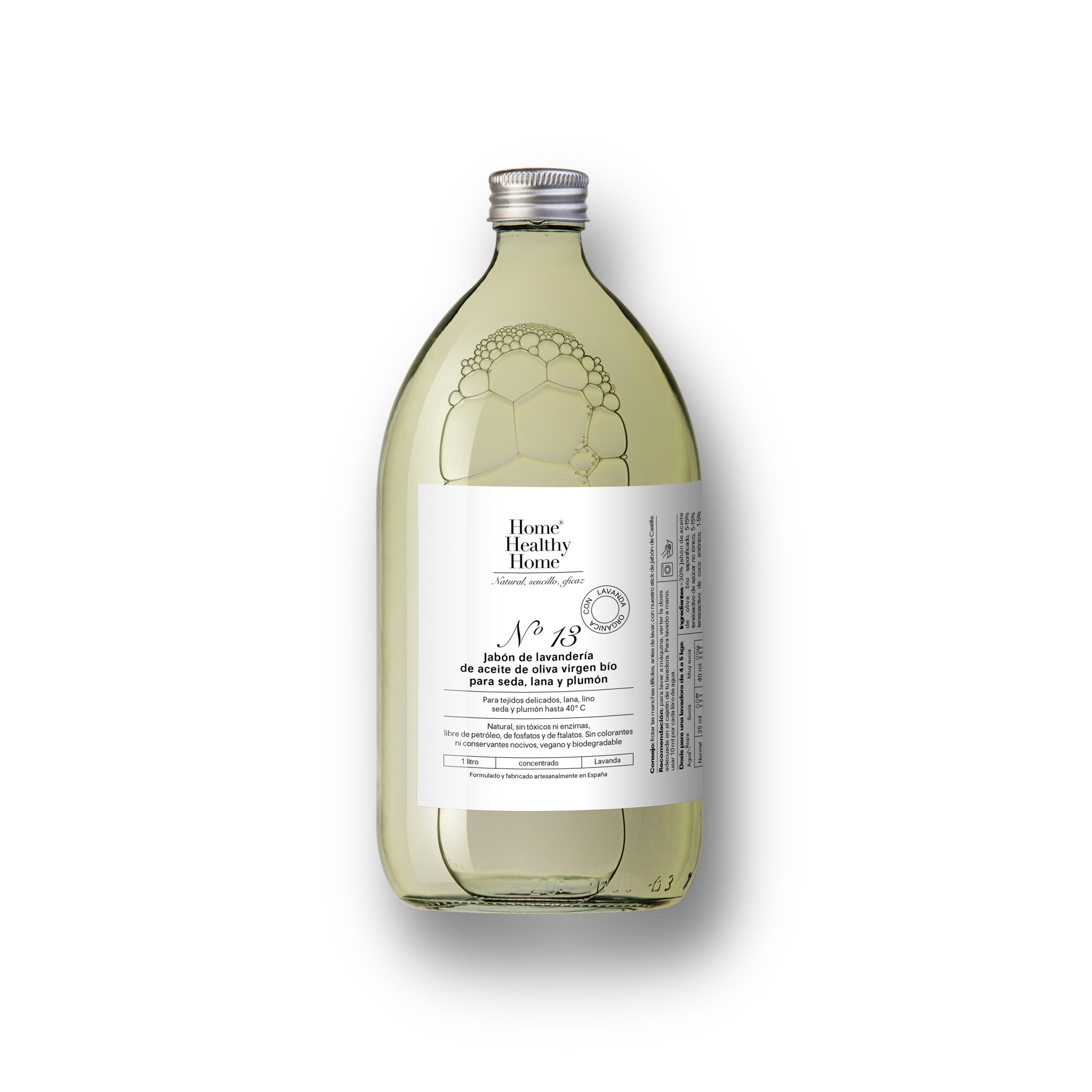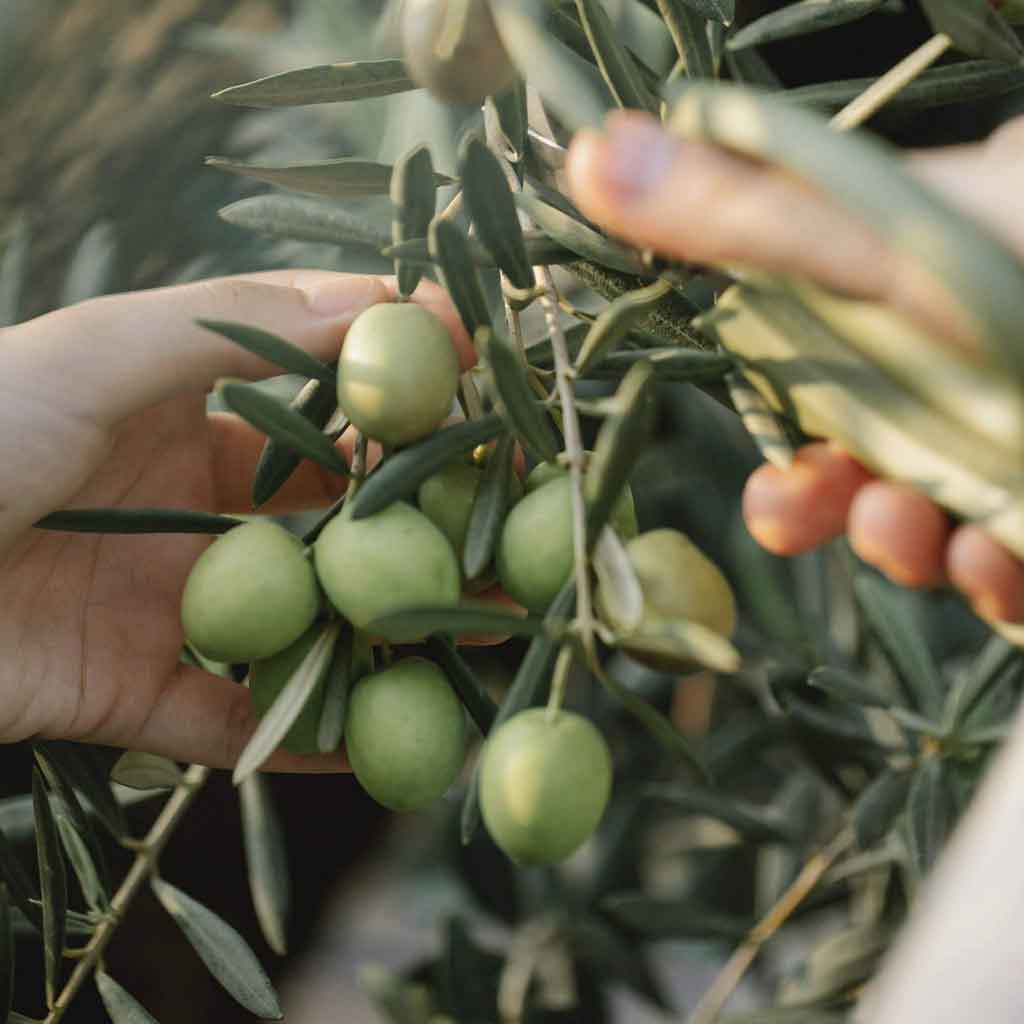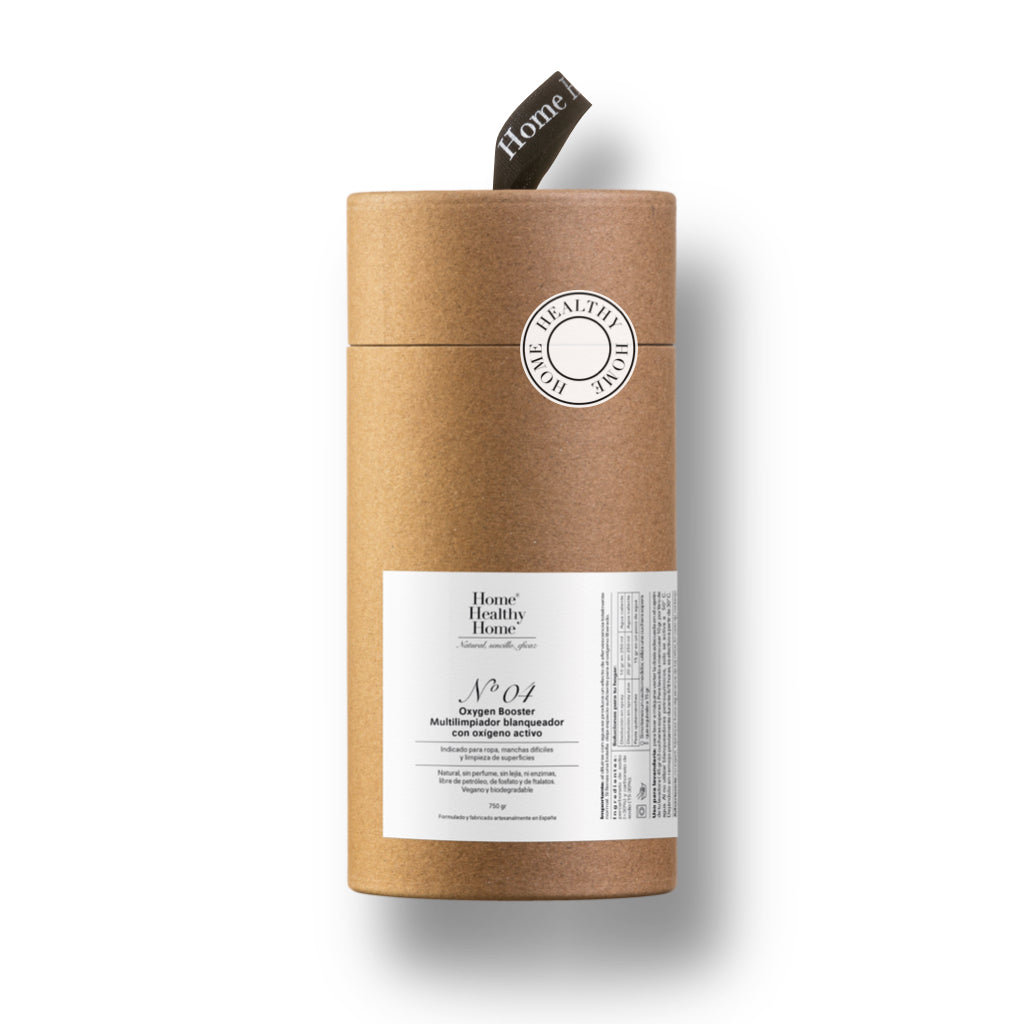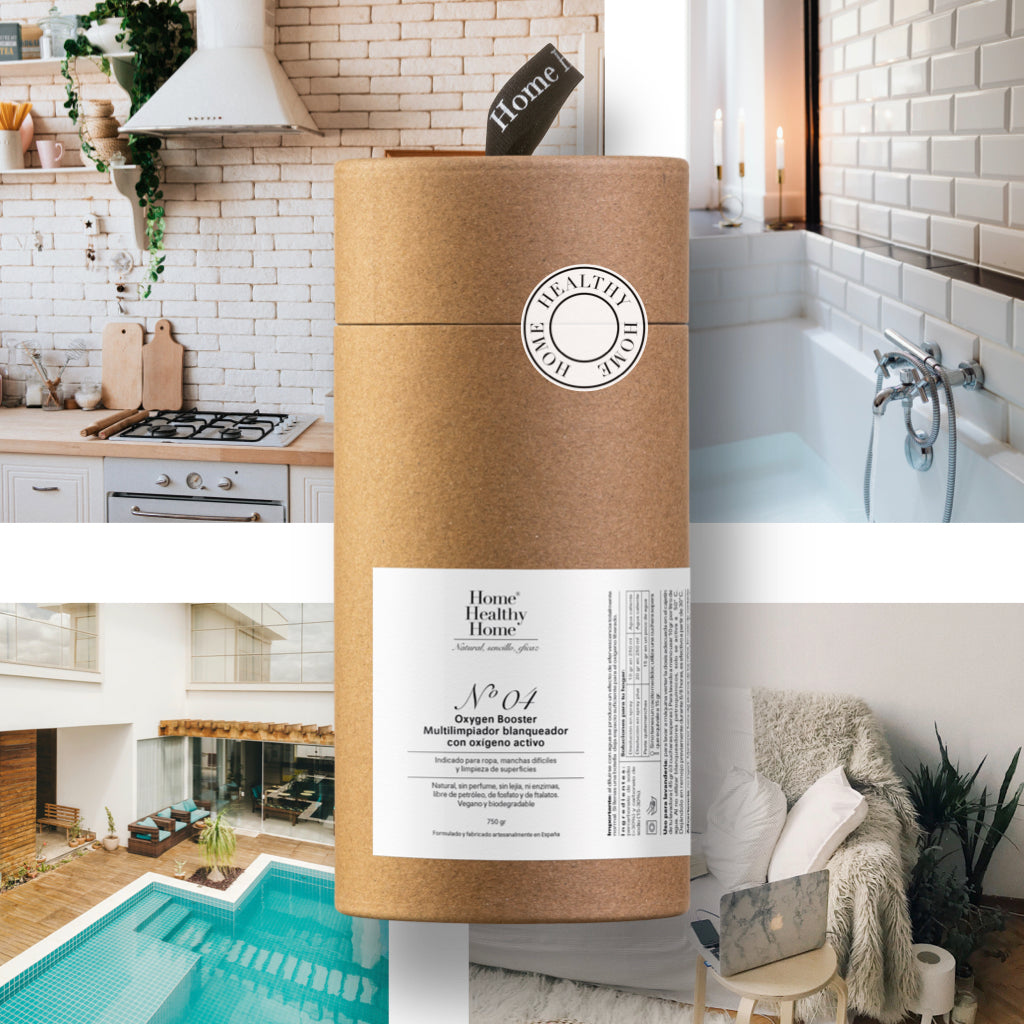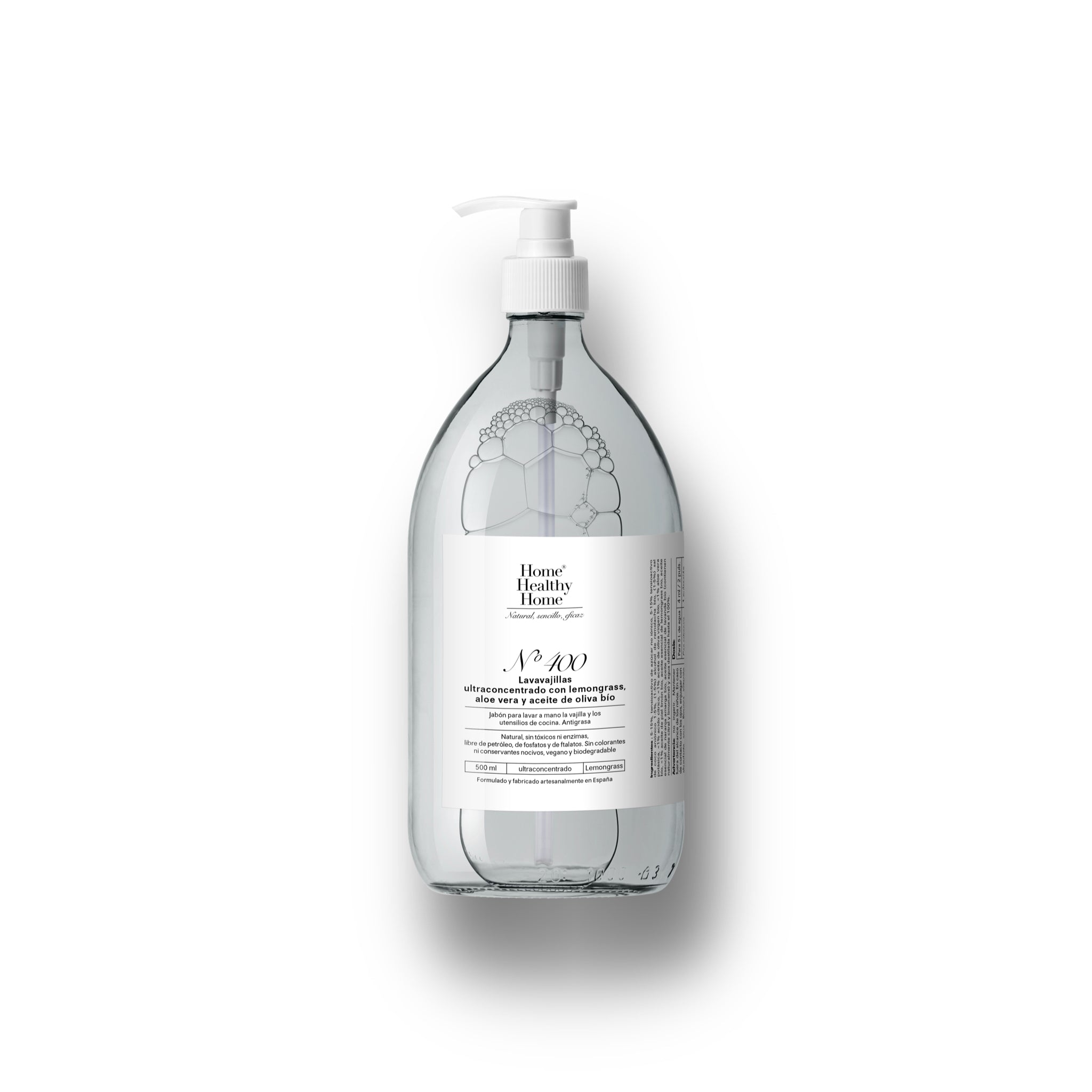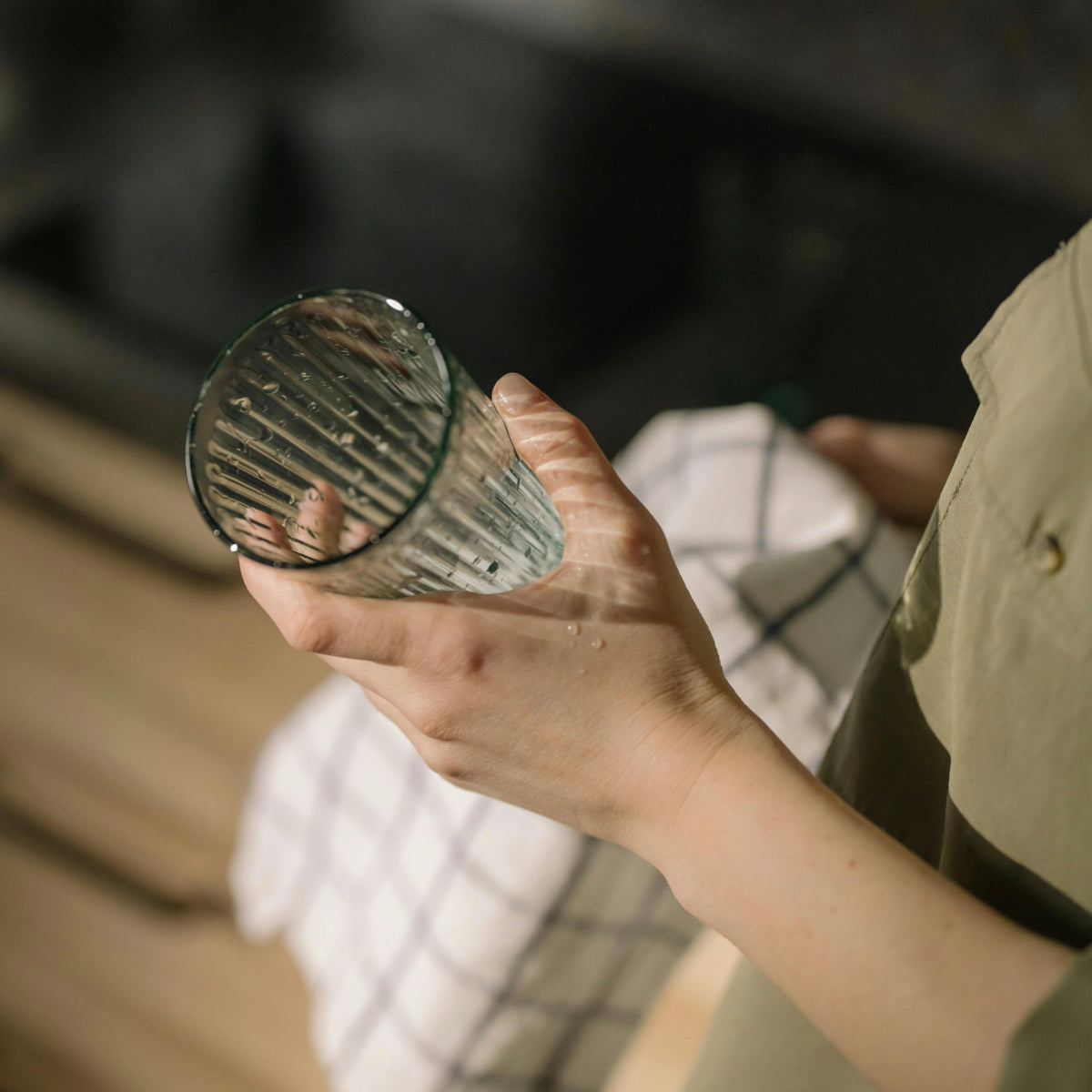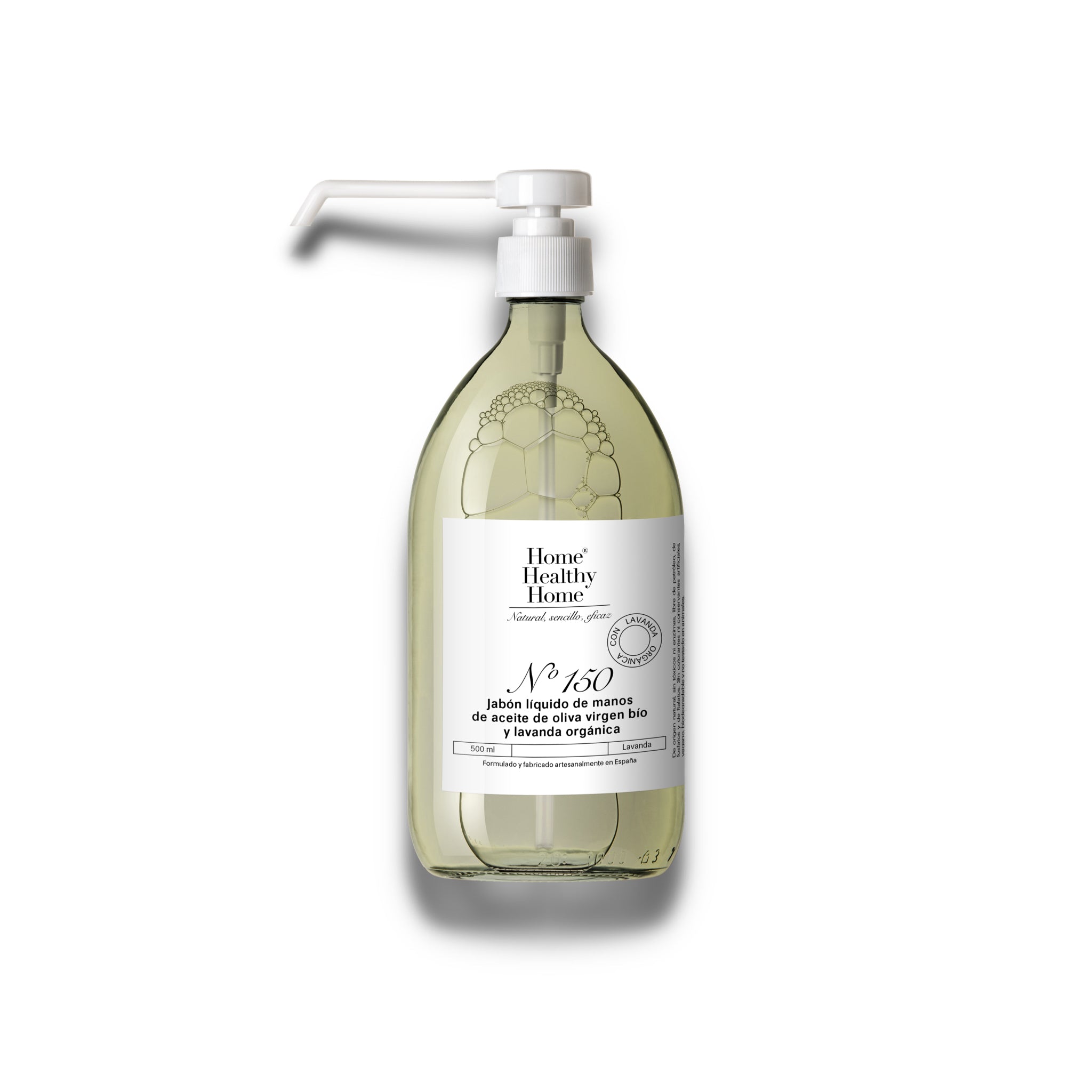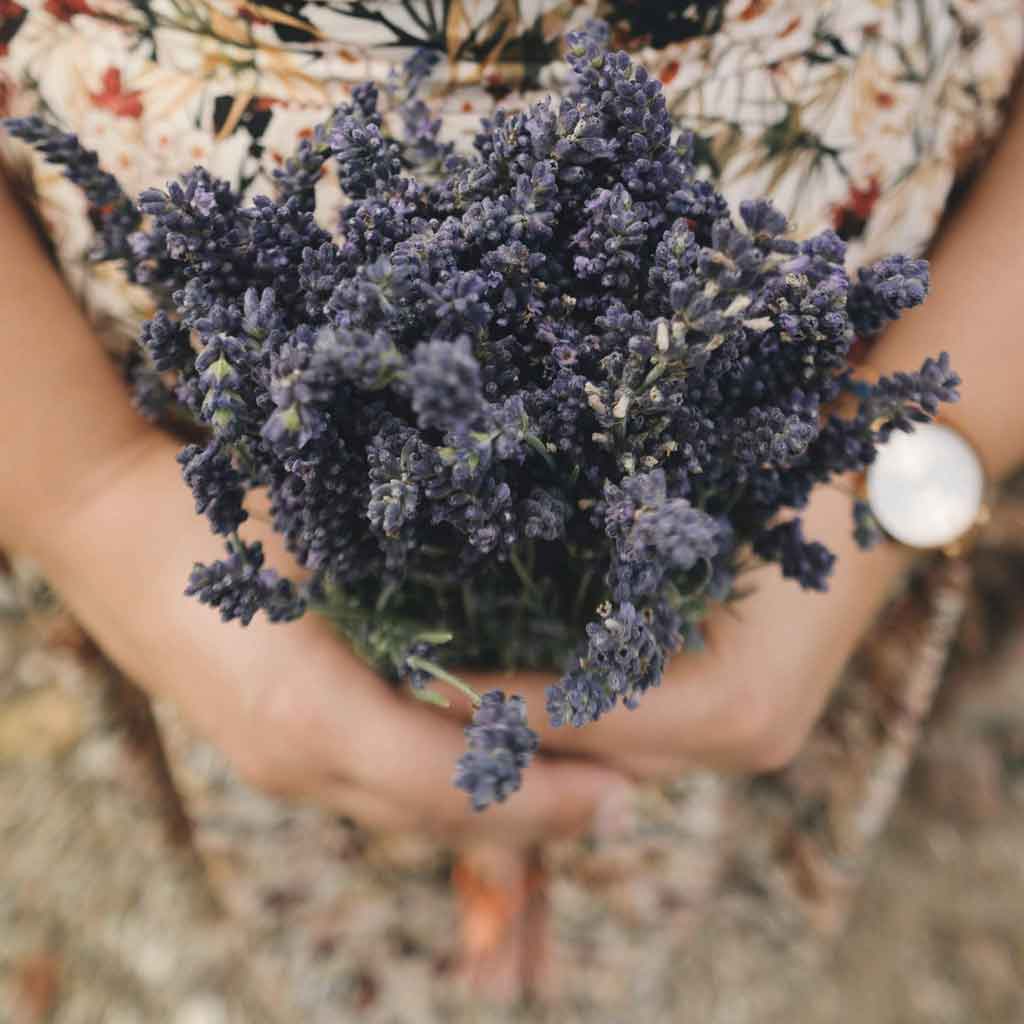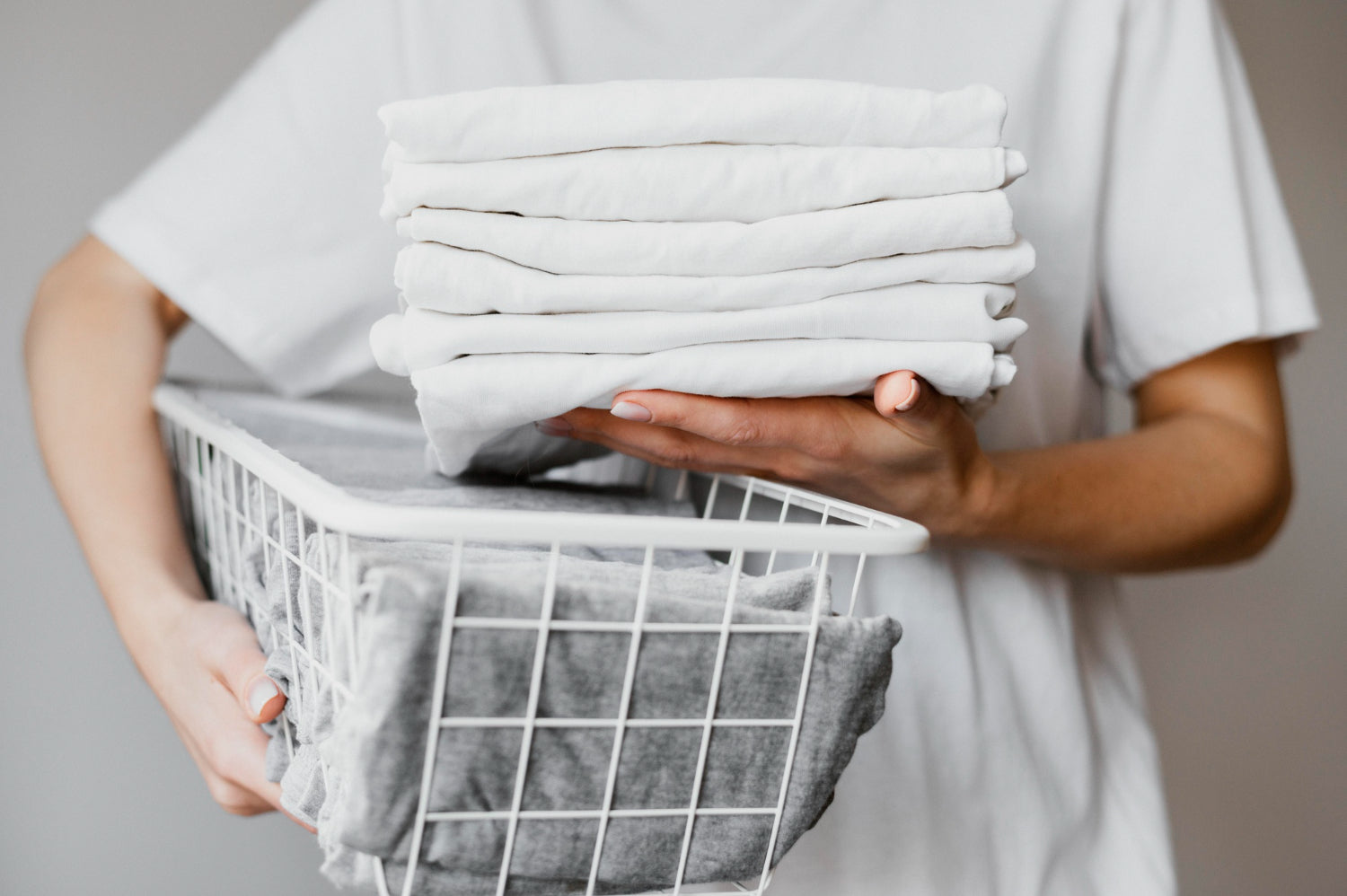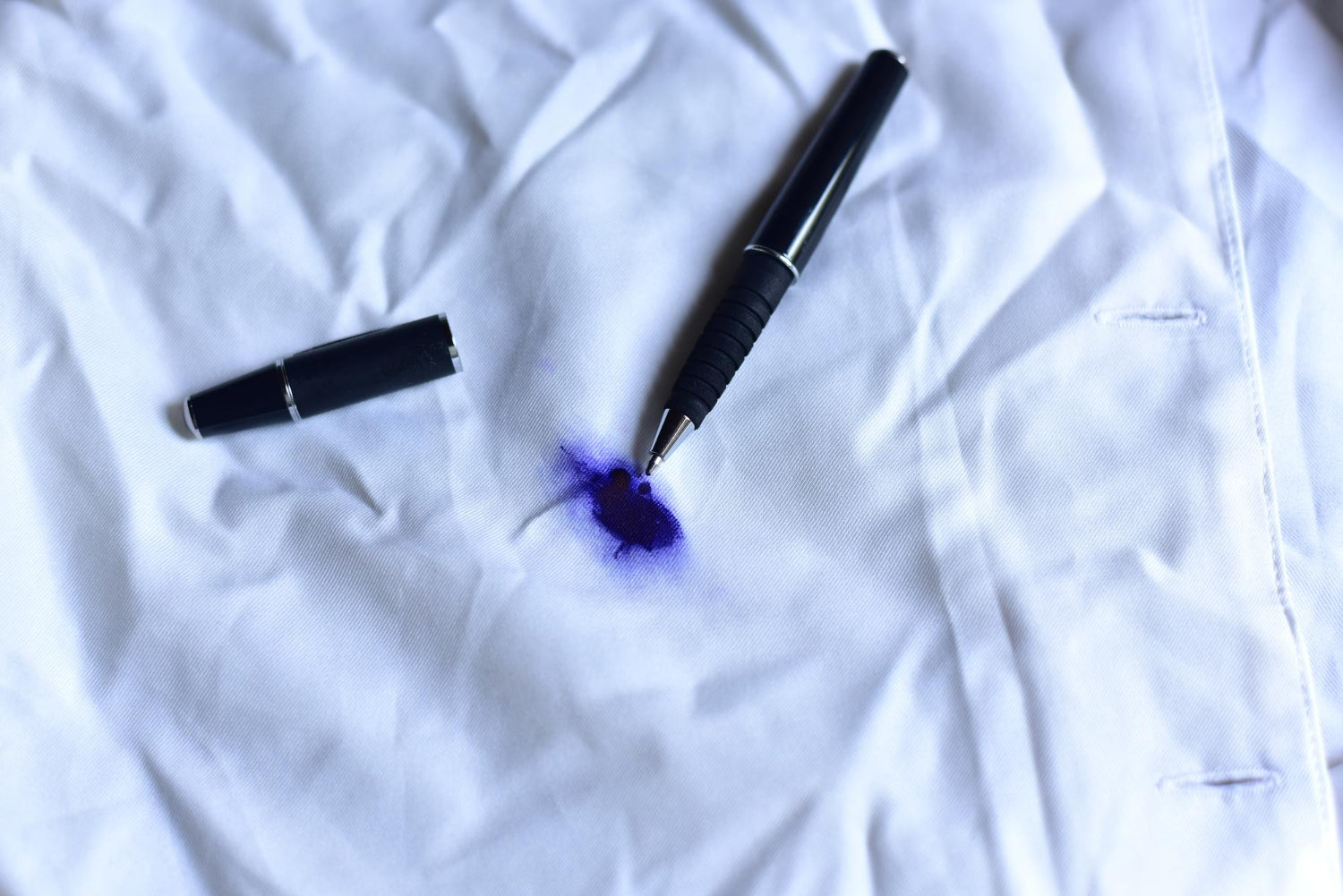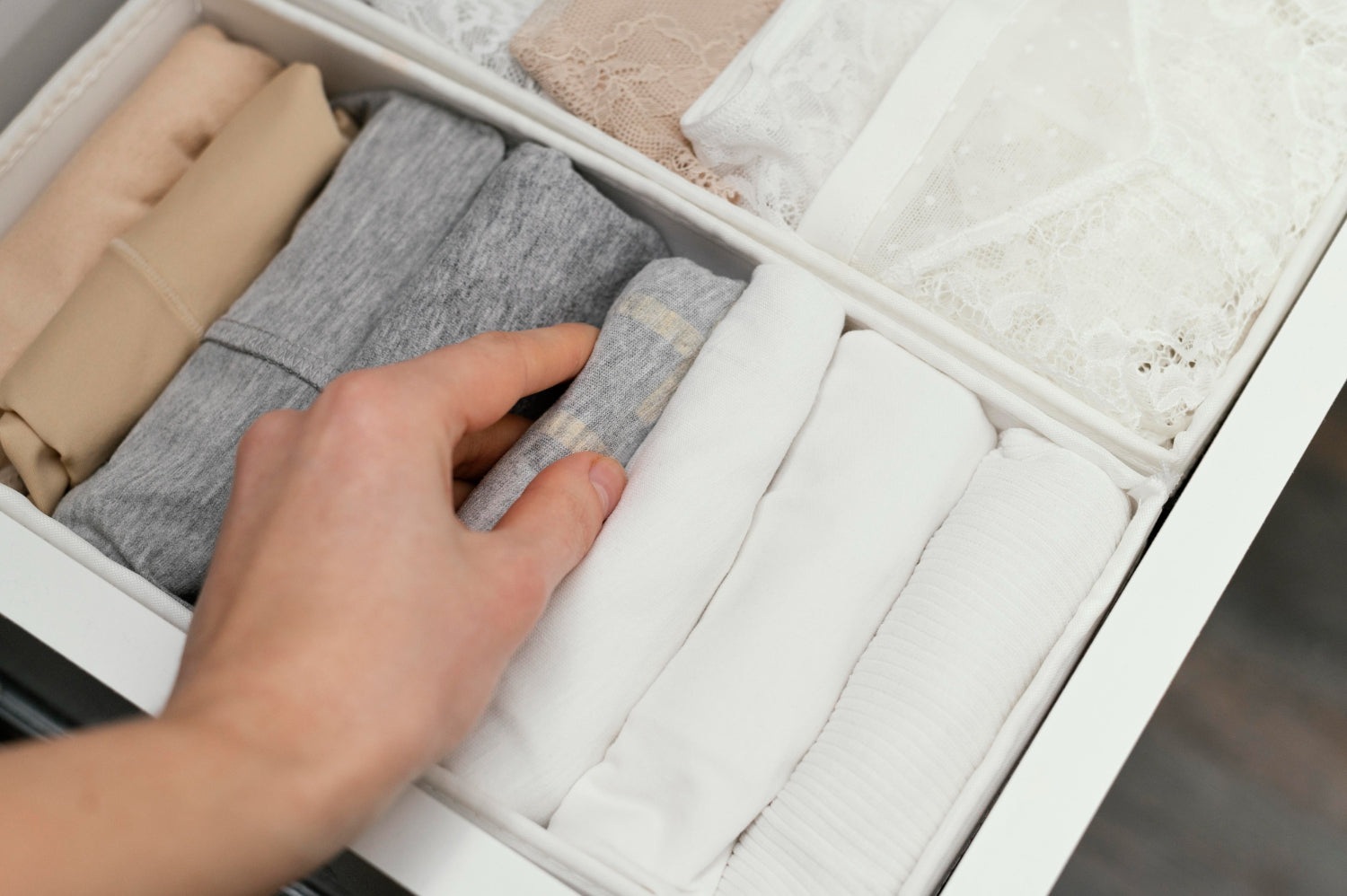Skin challenges in the elderly: more fragile, dry and less elastic.
The skin of older people faces unique challenges, as it becomes more fragile, dry and less elastic over the years. This phenomenon not only increases the risk of injury, but also affects the body's ability to regulate temperature. During the cold months, it is essential to pay special attention to protect it from the adverse effects of low temperatures, cold air and humidity.
Thickness loss and temperature receptors: challenges in thermoregulation.
As we age, the skin tends to thin and lose temperature receptors, affecting body thermoregulation. This means that older people may have difficulty distinguishing whether they are hot or cold, underscoring the importance of specific care during winter.
The impact of winter on the skin: more delicate and prone to problems.
During the winter season, the skin of older people becomes even more delicate due to the loss of collagen and elastic fibers. This process results in dry, wrinkled and blemish-prone skin. To counteract these effects, it is crucial to take preventive measures.
Measures to ensure skin health
-
Promote intensive hydration
Keeping skin hydrated is key. It is recommended to apply a generous amount of moisturizing cream and ensure that the elderly person consumes at least two liters of water daily. This step is essential to counteract skin dryness
-
Balanced diet rich in antioxidants
Adopting a balanced diet, rich in fruits, vegetables and antioxidant foods, is essential to prevent and delay skin aging. Increasing your fluid intake through juices, soups and creams will further contribute to keeping your skin in optimal condition.
-
Ensure rigorous hygiene
Daily hygiene is crucial, especially for bedridden people. Throughout the year, but particularly in winter, it is essential to gently dry the skin, paying special attention to the skin folds, to avoid friction that could cause injuries.
-
Avoid exposure to extreme cold
It is advisable to avoid going outside during the coldest times. When going out, the elderly person should be well dressed, especially protecting their hands with gloves. Taking advantage of the central hours of the day, when temperatures are milder, minimizes the impact of the cold on the skin.
Olive oil: the great ally
All our personal care soaps, both in bars and liquids, are cold aponified to preserve all the moisturizing properties of organic olive oil. Without harmful dyes or preservatives, without silicones or petroleum derivatives. They nourish, care for and protect your skin every day.
The importance of continuous hydration
Although sweating is reduced in winter, it is essential to maintain adequate hydration throughout the day. Regularly checking the condition of the skin to detect early lesions and provide additional care is an essential measure. Placing special emphasis on skin care is a fundamental strategy to prevent diseases that may affect the quality of life of the elderly under our care. Let's take care of your skin to guarantee your well-being!

